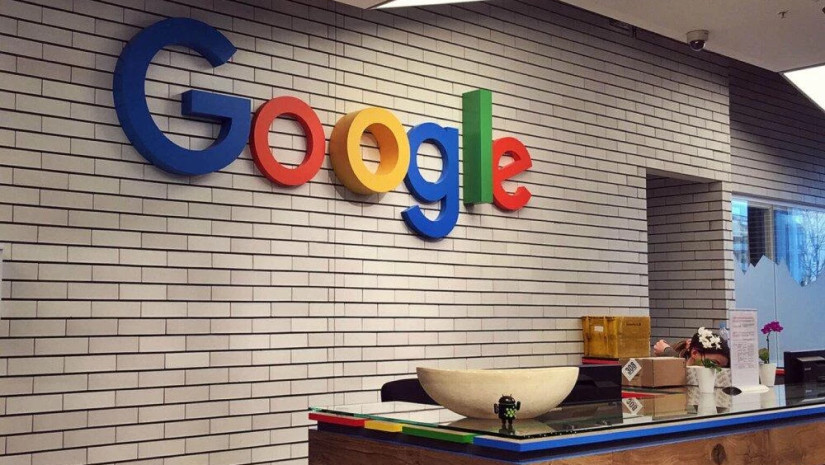As US tech giant Google has announced a wave of layoffs, the company is rethinking its move to new offices in Tel Aviv. Sources familiar with the matter have told "Globes" that the company has decided to postpone its entry to new offices in Rubinstein Towers in the Hassan Arafe neighborhood of Tel Aviv. The company has leased 11-floors there covering 11,000 square meters and was set to renovate the new offices before entering the tower until the completion of its new offices in the ToHa 2 tower, currently under construction, in Totzeret Haaretz Street.
Google has signed a contract to lease 20-floors in the ToHa 2 tower, which will be ready for occupation in 2026. At the same time Google Israel is maintaining its existing offices including nine-floors in the Ampa Tower (formerly Electra Tower) on Yigal Alon Street and its startup campus in nearby Haomanim Street as well as other offices at 96 Yigal Alon Street and its development center in Haifa.
The high renovation costs in Rubinstein Towers, and the need to cut horizontally without causing layoffs, have led the company to make the postponement. But Google is not canceling the lease agreement it signed with the building's management, as far as his know, and plans honoring the deal.
Last Friday Google announced that it is laying off 12,000 employees worldwide, or 6% of its workforce. Google employees in Israel have not yet been notified of layoffs. Instead, the company’s 2,000 employees in the country received an email message from the management indicating that no decision had yet been made as to who would be dismissed. "A process will begin in which it will be decided what layoffs will be carried out, in accordance with assessment score and function," the message stated. It added that the management was trying to ensure that the process would be as short as possible and that as few employees as possible would be affected by the uncertainty. "Please try to support one another," the message said.
At the same time, Google is in the process of expanding its office space in order to encourage employees to return to work in the office.
Google Israel and the Rubinstein Group declined to comment on the report, Globes reports.
















